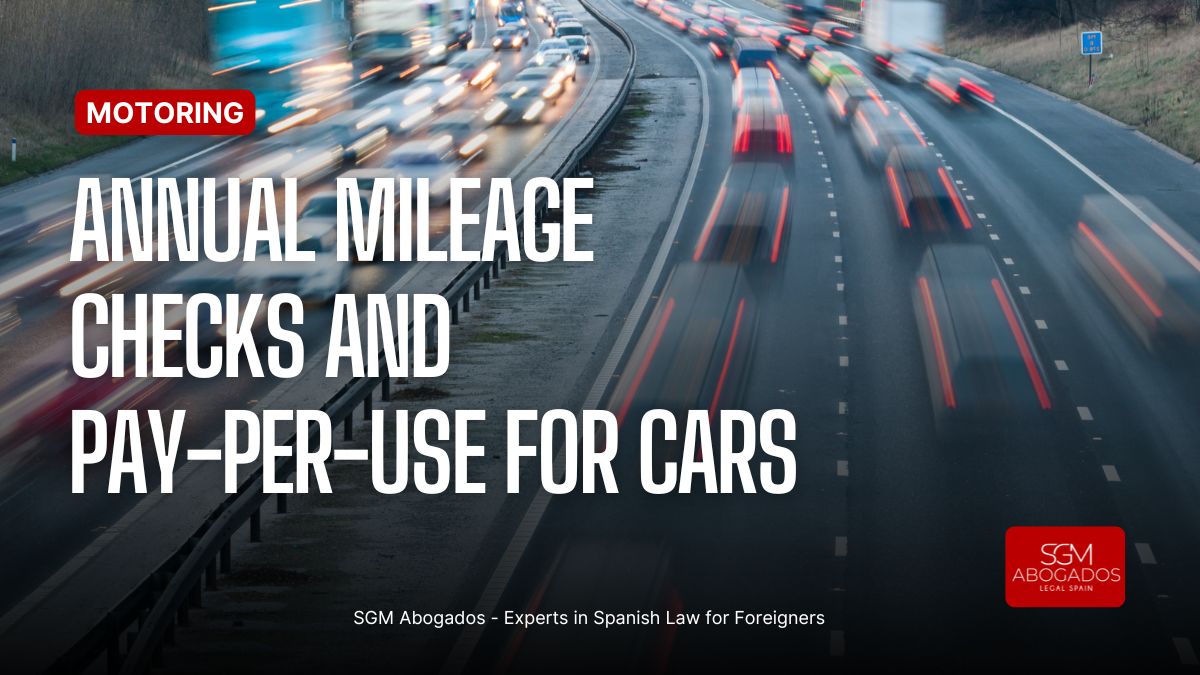Registration for All Short-Term Rentals
Spain to Mandate Registration for All Short-Term Rental Properties
SGM Abogados reports that the Spanish government will now require all landlords to register their temporary and tourist accommodations, including individual rooms, on a new government-operated portal to maintain the right to list their properties on platforms such as Idealista.
As of Tuesday, October 15th, the Spanish authorities plan to introduce a royal decree for public consultation aimed at regulating these types of accommodations. This decree stipulates that all homes intended for market on digital platforms must be listed in the forthcoming registry, named the Digital Single Window for Leases.
This registry will serve to ensure that each property adheres to the requisite legal standards for vacation or short-term rentals. Upon verification, properties will receive a unique identification number, essential for advertising on online platforms. The scope of this regulation encompasses all rentals shorter than one year, including tourist apartments, temporary stays, various rooms, and even marine vessels available for tourist use, enhancing the government’s ability to clamp down on fraudulent listings.
Isabel Rodríguez, the Minister of Housing, stated during a press briefing post-cabinet meeting that, effectively, unregistered homes will be barred from platform listings.
The enforcement of this law will be facilitated through the new state platform, where property owners are required to register and undergo verification. Rodríguez noted that a grace period of 15 days will be granted for authorities to confirm compliance before the issuance of the ID number.
Previously, platforms like Airbnb operated with minimal oversight, relying on users to ensure advertised properties held appropriate tourist licenses.
This regulatory shift arises amidst a backdrop where many Spanish cities grapple with a high volume of unlicensed tourist rentals. For instance, Madrid’s Urban Planning, Environment, and Mobility delegate, Borja Carabante, highlighted that only a fraction of the city’s tourist apartments are legally registered.
Furthermore, the new platform will interface with the Property Registry, necessitating justifications for temporary rentals based on work, study, or health reasons, ensuring that these properties are not the tenant’s primary residence. For these rentals, ID numbers will be valid for up to 12 months but can be renewed under specific conditions.
In terms of tourist apartments, they must hold applicable licenses and meet local and regional regulations. The registry will also check for any community restrictions against vacation rentals within buildings.
Rodríguez announced an initial voluntary registration phase, providing a buffer to mitigate potential impacts on property owners, before shifting to mandatory registration. The exact timeline remains unspecified, but the government aims for the Digital Single Window for Leases to become operational before the end of 2025. This initiative does not require congressional approval as it falls under regulatory development, serving as an alternative to the previously rejected temporary accommodation law.
Spain aspires to be the pioneer within the EU in implementing such regulations, with plans to integrate this system with a European-wide registry anticipated by mid-2026.












